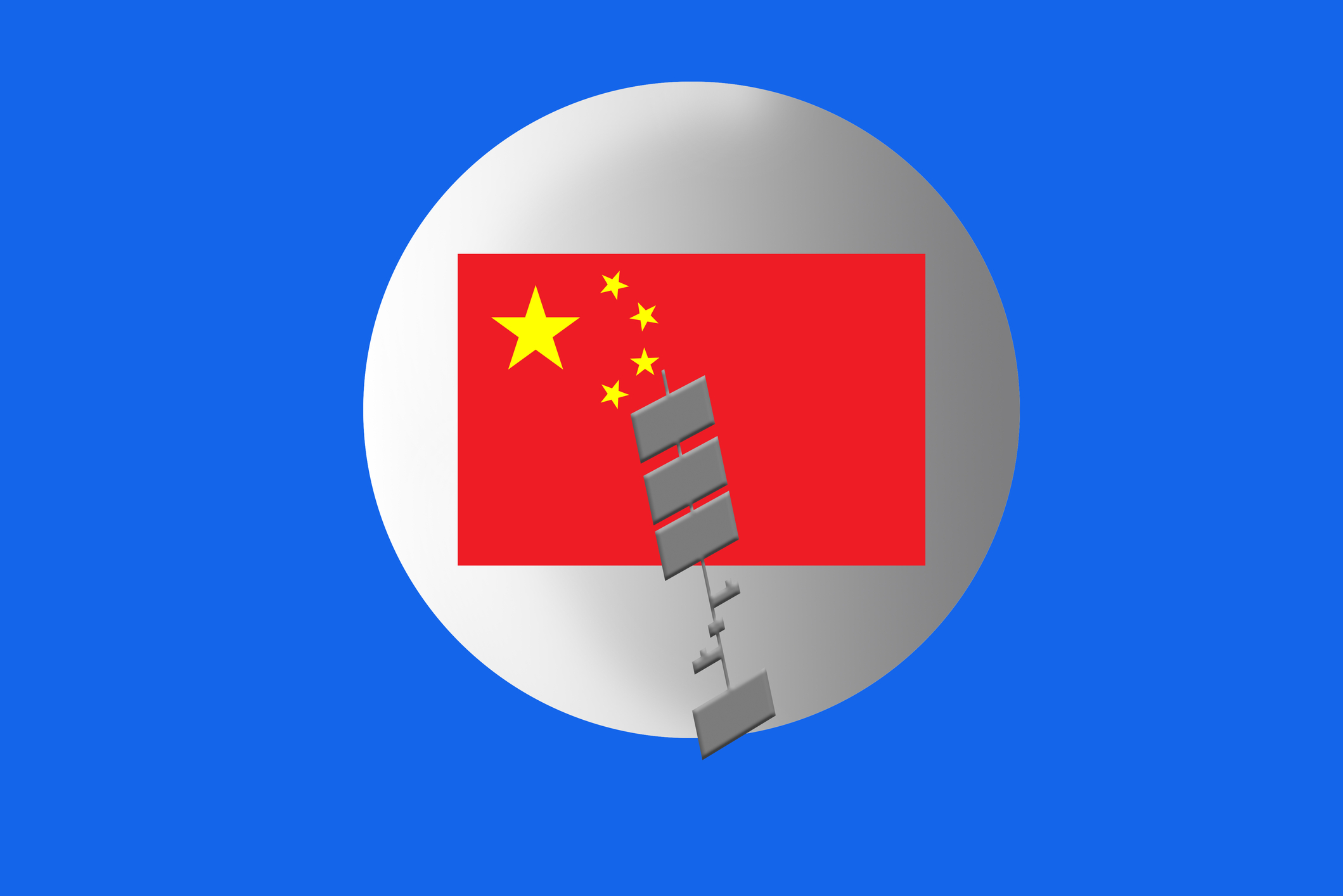Paul Bracken on the Significance of the Chinese Ballon Intrusion
Two weeks ago, Americans watched as a high-altitude Chinese balloon made its way across the continent before being shot down off South Carolina. The U.S. has since shot down three more flying objects in North American airspace, although the White House says they may prove to be benign.
Whatever the investigations yield, says Prof. Paul Bracken, an expert in global competition and strategy, these encounters reveal an urgent need for citizens and governments to catch up on how much we’re already being spied on.
What do you take away from the recent revelations about spy balloons?
The balloon incidents bring to the realm of public awareness the massive change in surveillance taking place everywhere. Balloons, unlike satellites, can loiter over targets a long time, in this case a U.S. nuclear missile base. For what purpose? To record routine radio and mobile phone operations of the military, yes, but also of the area’s police and fire departments, military reservists, support workers, and so on. It’s all input to neural nets and machine learning back in China. It would be of great help to Beijing to understand U.S. DEFCON and alerting patterns.
What other kinds of surveillance are going on that people might not be aware of?
Cameras are everywhere, as well as credit/debit card tracking, facial recognition cameras, automatic license plate readers, mobile phone tracking, communication/email intercepts, and—soon to come—automobile tracking as autonomous vehicles become widespread. So multidimensional real-time tracking of individuals and their habits is now possible. It already exists in China. Technology packages are being sold to African, Asian, and Middle Eastern governments today.
U.S. law lags the technology by ten years. What many don’t understand is that AI and machine learning are tools to integrate this vast data collection for various purposes—business, military, and government. There are many opportunities here, and great potential for abuse.
Do the recent balloon and UFO events signal a strategic shift or intensification of competition between the U.S. and China?
Greater surveillance is a fundamental long-term trend, much like when railroads, telephones, and airplanes came in. My view is that this trend outstrips the ups and downs of diplomacy. Diplomacy is like a change in weather; greater surveillance is a change in the climate.
This article was published by Yale Insights on February 15, 2022.
It is republished with the permission of Dr. Bracken.
Featured Graphic Credit: Photo 269741582 / Chinese Spy Balloons © Svitlana Kolchyk | Dreamstime.com

